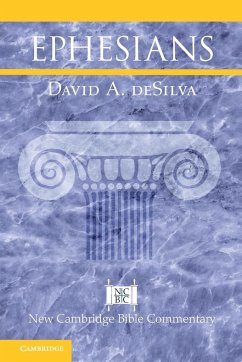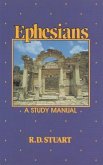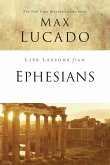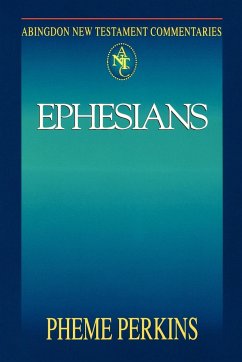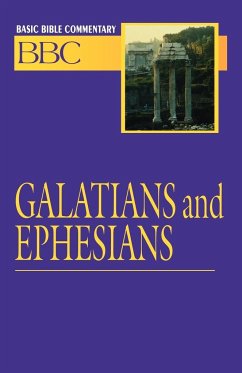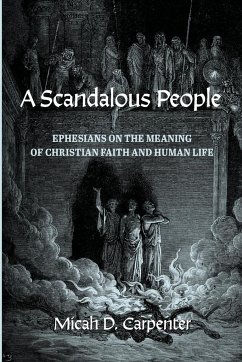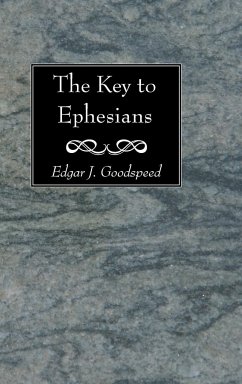"In this commentary, David deSilva approaches Ephesians as Paul's contribution to the ongoing work of forming his converts' individual and collective identity in Christ through the celebration of God's activity (past, ongoing, and future) on behalf of all who had responded in trust and faithfulness toward Jesus throughout the eastern Roman empire. He explores how Paul's first-century audiences in Roman Asia would have understood and responded to his message, particularly his promotion of the attitudes, pursuits, and practices that would constitute an appropriate response of gratitude for so costly a deliverance and so magnificent a destiny. deSilva's discussion is richly grounded in the Jewish and Greco-Roman contexts that both informed Paul as he composed and his audiences as they engaged his message. He is also attentive to points of relevance to the modern contexts of today's readers who continue to wrestle with Paul's vision for Christian discipleship and human community"--
Hinweis: Dieser Artikel kann nur an eine deutsche Lieferadresse ausgeliefert werden.
Hinweis: Dieser Artikel kann nur an eine deutsche Lieferadresse ausgeliefert werden.

